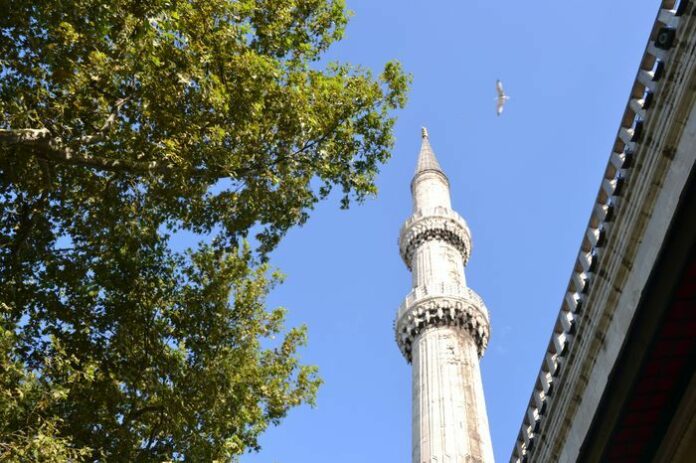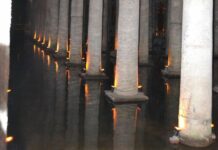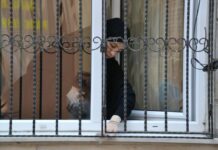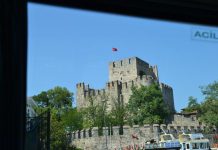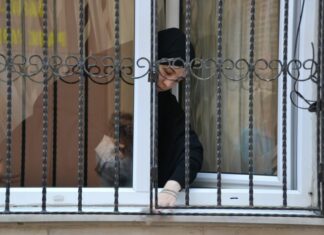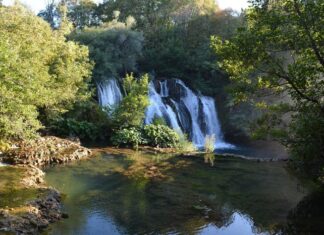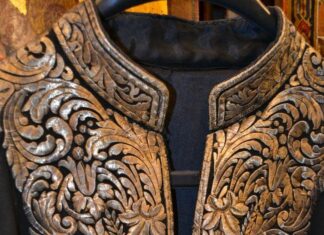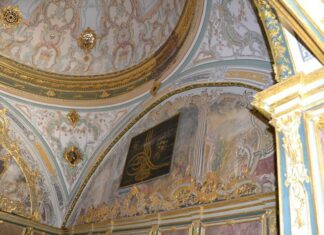V. And now, the informant continued, Robert was busily building a second mighty wooden tower, just the same as the other, and was getting ready battering-machines to use against Dyrrachium; from all this the Emperor recognized that the besieged in Dyrrachium were in need of speedy help, so set his troops in order and took the road to the town. When he arrived there and had settled his troops in an entrenched camp near the river Charzanes, he at once sent messengers to ask Robert for what purpose he was there, and what his object was.
Then he moved on to the Chapel dedicated to the memory of Nicholas, greatest of all Bishops, four miles distant from Dyrrachium, and reviewed the nature of the land in order to pick out beforehand the most suitable spot for drawing up his phalanxes for battle. And that day was the fifteenth of October. There was a neck of land running out from Dalmatia to the sea and terminating in a promontory which was almost a peninsular, and on this stood the chapel I have mentioned. The side of this neck which looked towards Dyrrachium sloped very gradually down to the plain and had the sea on its left, and on its right a steep, overhanging mountain. To this spot he brought his whole army, and after having fixed his palisades, sent for George Palaeologus.
However he had had long experience of such tricks and as he deemed it inexpedient he refused to come out and explained this to the Emperor. But on the Emperor’s again summoning him more urgently, he replied, “I think it would be fatal for me to leave the city while it is being besieged, and I shall not come out unless I actually see the ring from Your Majesty’s finger.” The ring was sent and upon seeing it Palaeologus joined the Emperor with ships of war. Then the Emperor asked him all about Robert and after Palaeologus had given him a clear account, he asked whether it would be well for him to venture on a battle with Robert; but Palaeologus disagreed with this proposal. And others too who had gained military experience by long service opposed it strongly.
Endurance and embarrassing
They counselled endurance and embarrassing Robert by skirmishes and not allowing any of his men to come out from their quarters to forage; they suggested he should send orders to Bodinus and the Dalmatians and the other chiefs of the adjacent provinces to do the same, and assured him that in this way Robert could easily be, worsted. But the majority of the younger officers preferred a battle, and most vehement among them were Constantine Porphyrogenitus, Nicephorus Synadenus, Nabites, leader of the Varangians, and even the two sons of the late Emperor Romanus Diogenes, Leo and Nicephorus. At this moment the envoys sent to Robert returned and brought the latter’s verbal message to the Emperor which ran, “It was certainly not against Your Majesty that I took the field, but simply in order to avenge the injustice done to my kinsman by marriage.
Read More about Palaeologus’ untiring industry
